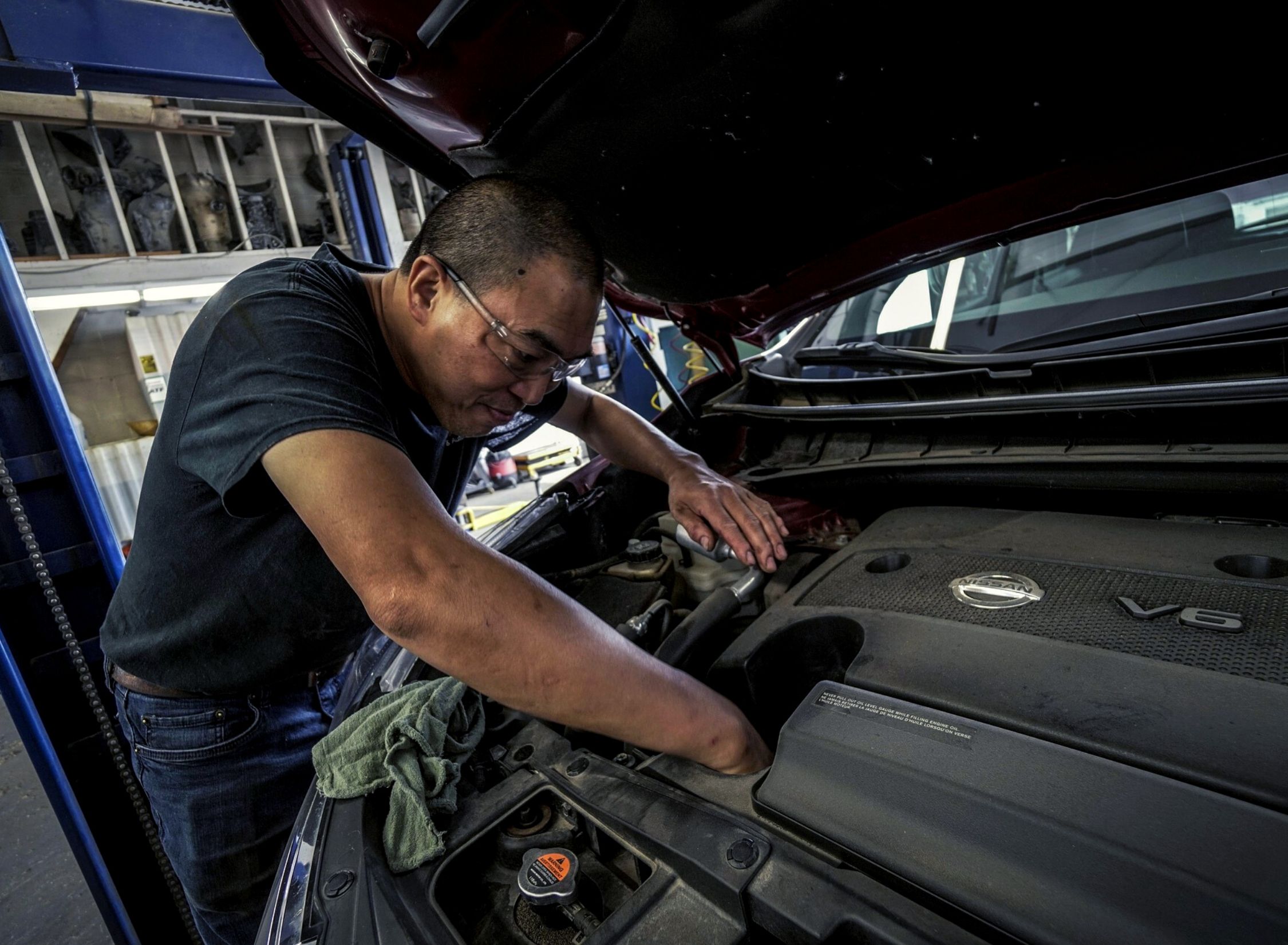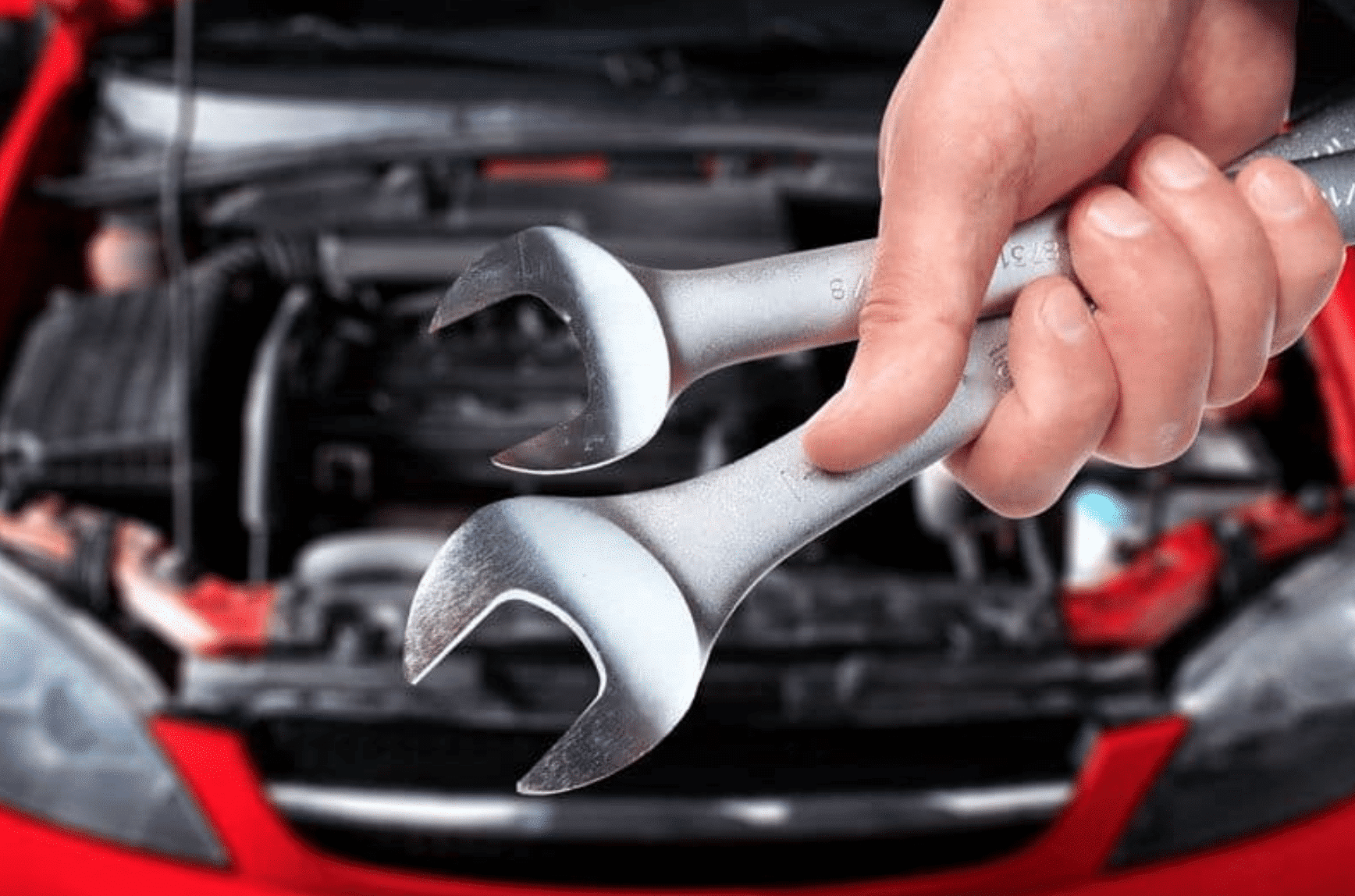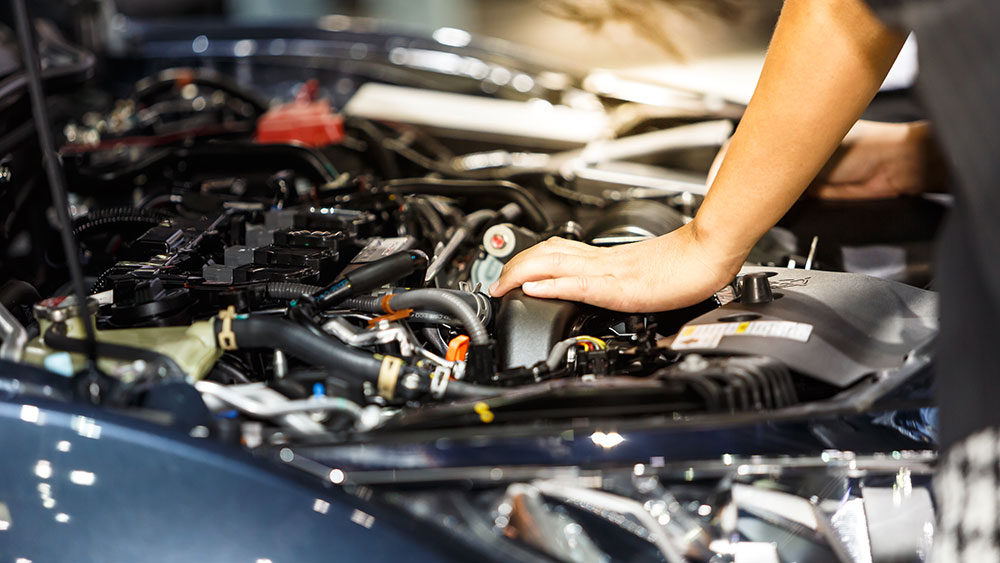
Owning a high-mileage car comes with its very own collection of difficulties, yet with the right upkeep, your lorry can proceed running efficiently for much more miles. Normal upkeep is vital to maintain your car reputable, improve its durability, and decrease the danger of unforeseen breakdowns. Right here's a guide to the essential upkeep tasks that are required for high-mileage autos.
- Normal Oil Modifications. Among one of the most critical maintenance jobs for any kind of vehicle, particularly high-mileage automobiles, is regular oil changes. Oil oils the engine's relocating components and helps stop wear and tear. As your vehicle ages, the engine's inner parts become extra prone to rubbing and warmth, making it vital to maintain the oil clean and at the right degree.
For high-mileage cars, it's usually recommended to transform the oil every 3,000 to 5,000 miles, however some more recent oils can go much longer. Make sure to utilize the recommended oil type for your automobile, and consider making use of high-mileage oil created specifically for older engines. These oils consist of additives that assist secure leaks and minimize oil burn-off.
- Transmission Fluid and Filter Maintenance. Your transmission is an important part of your auto's efficiency, and keeping it healthy becomes much more vital as the miles accumulate. With time, transmission fluid can come to be infected with particles, causing getting too hot and even transmission failing. Regularly examining and changing the transmission fluid and filter is necessary for high-mileage cars and trucks.
Many manufacturers suggest transforming the transmission liquid every 30,000 to 60,000 miles, but this can vary based upon your vehicle's make and version. It can be a sign that the transmission fluid requires focus. if you observe rough shifting or slipping gears.
- Timing Belt Replacement. The timing belt plays a crucial role in keeping your engine's shutoffs and pistons operating in sync. As a high-mileage auto ages, the timing belt can break and even damage, potentially creating major engine damages. Usually, timing belts need to be replaced every 60,000 to 100,000 miles, but it is necessary to inspect your proprietor's handbook for the maker's certain recommendations.
If your car has a timing chain rather of a belt, this part usually calls for less frequent upkeep, however it's still vital to check its problem to prevent costly repair services.
- Brake System Examination. Brake blades and pads break in time, particularly in older automobiles. For high-mileage vehicles, routine brake examinations are essential to ensure that the system is still carrying out optimally. Damaged brake pads can result in reduced braking efficiency, while harmed blades might call for expensive substitutes.
Have your brakes checked at least yearly, or more frequently if you observe any kind of uncommon audios, such as grinding or squeaking. When essential and make certain that the brake liquid is at the appropriate level., make certain to replace the brake pads.
- Battery Upkeep. A weak or falling short battery can leave you stranded, so it's necessary to routinely examine the condition of your battery, specifically in high-mileage automobiles. With time, the battery's ability to hold a fee decreases, which can lead to starting issues. Make sure that the battery terminals are clean and totally free of rust.
If your cars and truck is even more than three years of ages, think about having actually the battery tested on a regular basis. Many auto stores supply cost-free battery testing, which can assist you catch any potential concerns before they cause problems.

- Coolant System Check. The air conditioning system keeps your engine from overheating by controling the temperature level. In time, coolant can break down, become infected, or leakage, bring about engine damage. For high-mileage cars and trucks, it is essential to consistently purge the radiator and examine the coolant levels to prevent the engine from overheating.
Flush the coolant system every 2 years or as recommended by the supplier to make sure the system is functioning efficiently. Check for any kind of leakages around the radiator, hoses, and water pump.

- Tire Care and Positioning. Tires are among one of the most crucial components for guaranteeing a comfortable and secure experience. As your automobile racks up miles, tires can put on erratically, which can impact handling, fuel performance, and ride high quality. It's crucial to frequently examine your tires for indicators of wear, such as bald spots or splits, and revolve them every 6,000 to 8,000 miles to promote even use.
Tire placement is also crucial, particularly in high-mileage cars and trucks. Misaligned tires can trigger irregular tire wear and negatively impact gas efficiency. Have your car's placement inspected if you notice any kind of steering problems or uneven tire wear.
- Gas System Maintenance. Over time, the fuel system in high-mileage vehicles can become obstructed with debris and carbon build-up, affecting efficiency and fuel efficiency. On a regular basis replacing the gas filter and having the fuel injectors cleansed will help keep the engine's performance. You can likewise utilize fuel system cleansers to keep the gas lines clear of buildup, particularly if you notice decreased acceleration or harsh idling.
- Exhaust System Evaluation. The exhaust system in older cars is more prone to harm and wear. A damaged exhaust can lead to inadequate fuel economic climate, unsafe emissions, and an undesirable driving experience. Have the exhaust system examined on a regular basis for leaks, rust, or damage, particularly around the catalytic converter, muffler, and pipes.
- Keep an Eye on the Suspension System. High-mileage cars and trucks can experience wear in components such as shocks, struts, and springs. If your car feels bouncy, unpredictable, or has problem taking in bumps in the roadway, it could be time for a suspension examination.
Final thought. Maintaining a high-mileage cars and truck needs regular focus to key systems like the engine, transmission, brakes, and cooling down system. By remaining on top of regular maintenance and dealing with concerns early, you can keep your auto running smoothly for much more miles. Routine evaluations, fluid modifications, and component replacements will certainly assist you obtain the most out of your high-mileage automobile and prevent costly repair services down the road.
Navigation
Home
Latest Posts
Mazda CX-70: Raise Your Driving Experience
Published May 25, 25
2 min read
Why Pick Jake Sweeney Mazda?
Published May 24, 25
2 min read
Get Your Dream Mazda Today
Published May 22, 25
2 min read